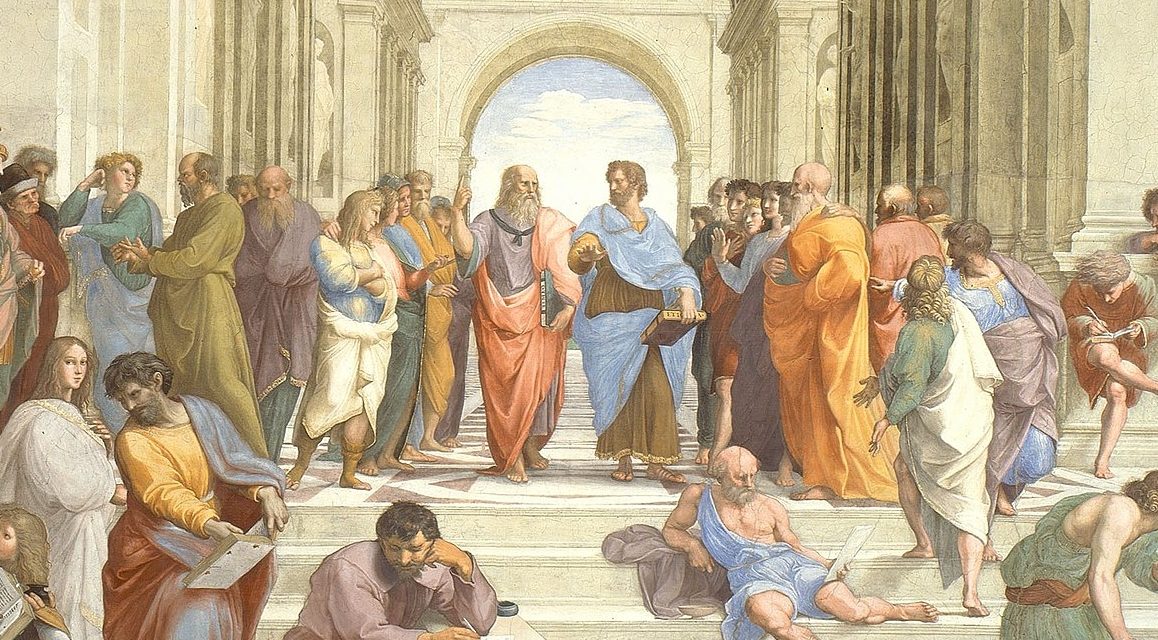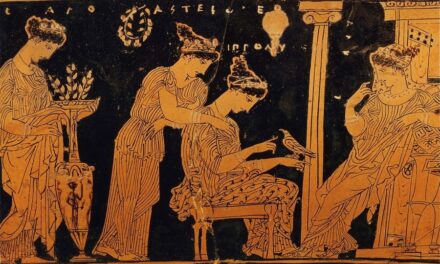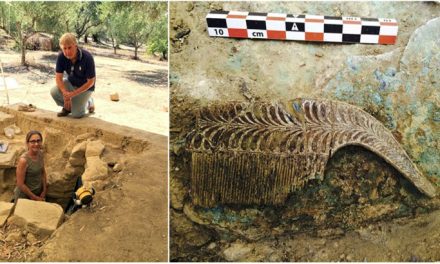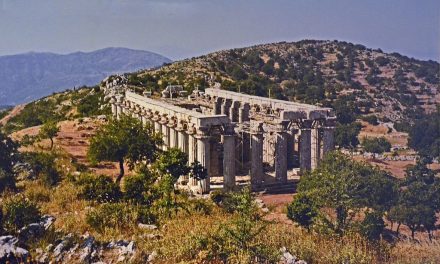Ancient Greece is characterized by its rich philosophical history that has a strong influence even in today’s contemporary society. One of the prominent figures that stands out amongst ancient Greek philosophers is Socrates, a man known for his intellectual curiosity and relentless questioning of the world around him. Arguably, Socrates was the one who laid the foundations for critical thinking and the pursuit of wisdom. He lived according to his ideas and in doing so, led a philosopher’s life.
Socrates was born in 469 BC in Athens. His mother Phaenarete was a midwife and his father Sophroniscus a sculptor. He married to Xanthippe and they had three children together.
His philosophical thinking focused mainly on ethics, on the quest for what is good. His teachings were not documented by himself but rather through the works of his prominent student, Plato. So, we learn about him through Plato’s “Socratic Dialogues”: Apology, Crito, Laches, Charmides, Hippias, Minor, Euthyphro and Protagoras.
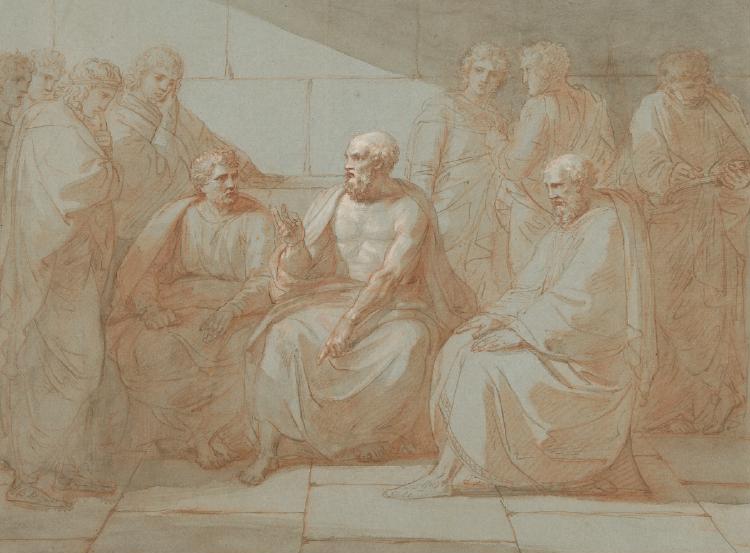
Socratic Dialectic
What distinguishes Socrates’s work from other philosophers of the time is his method of Dialectics, now known as the ‘’Socratic Method’’ where students are encouraged to engage in open-ended questioning and dialogue to stimulate critical thinking. Socrates believed that cooperative argumentative dialogue is the only pathway to stimulate critical thinking in the pursuit of truth and wisdom.
His method is based on concise, straightforward, and sometimes seemingly naive questions and responses that challenge commonly held beliefs and gradually dismantle his interlocutor’s initial positions, which they often believe to be correct. Socrates, although he disagrees with these positions, doesn’t explicitly state his views; instead, he frequently pretends ignorance and expresses a desire to learn. Through this method, he aims to uncover the truth through rational argumentation.
His approach aimed at provoking his interlocutor’s contemplation on ethical concepts like courage, virtue, or justice. This method, was called “maieutic” from the Greek word for “of midwifery,” encourages the birth of ideas through dialogue.
In his discourses, Socrates was interested in defining mainly ethical concepts. The concept of wisdom is fundamental for understanding Socratic philosophy as he argued that ‘’wisdom is the greatest virtue and that it stems from self-awareness’’. For Socrates, virtue can be taught. This means that individuals are capable of attaining a clearer understanding of themselves and the world around them by questioning their actions and thoughts, “know yourself”.
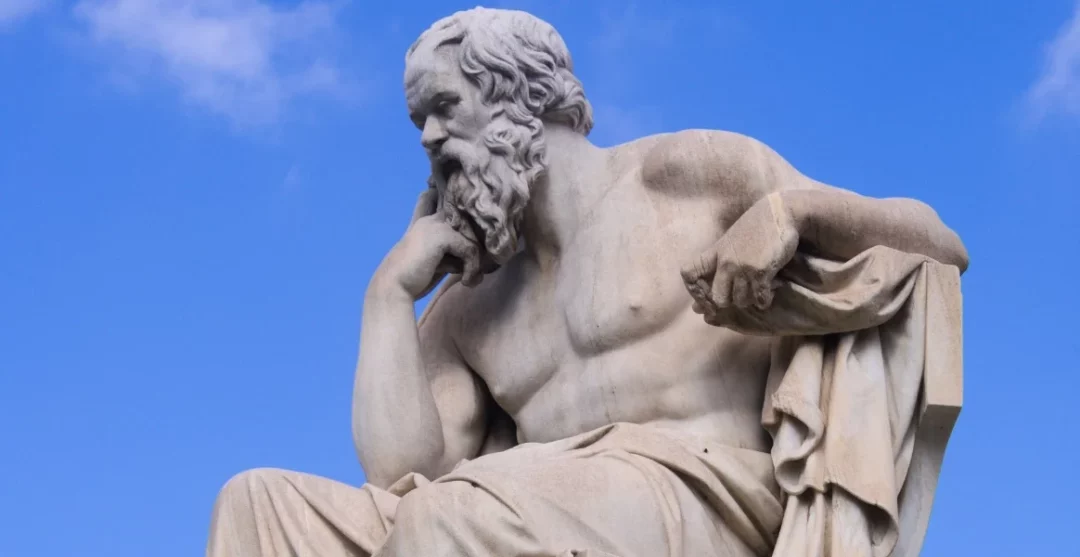
“I Know That I Know Nothing”
One very influential moment in Socrates’ life is explored when Chaerephon visited the Oracle at Delphi, the dwelling place of the god Apollo. He asked the Oracle if there was anyone wiser than Socrates. The Oracle’s response was: “There is no one wiser than Socrates.”
This answer perplexed Socrates because in his humility, he did not hold himself to such a high standard. Therefore, in order to understand the meaning of the Oracle, he questioned some people that he considered wise such as poets or politicians questioning them about their beliefs and knowledge.
Questioning them he came to the conclusion that the impression people had on them was far from true. What he discovered is that most of these figures were vastly unaware of their limiting understanding about the world around them. That is what made Socrates wise and separated him from the rest, he understood that wisdom lies in acknowledging his own lack of knowledge. The continuous pursuit of knowledge is a never-ending task, there is always more to learn, to discover and to understand. In today’s society certainty holds value and power, yet Socrates’ humility stands as a reminder that true wisdom comes from one’s willingness to admit the limits of their knowledge.
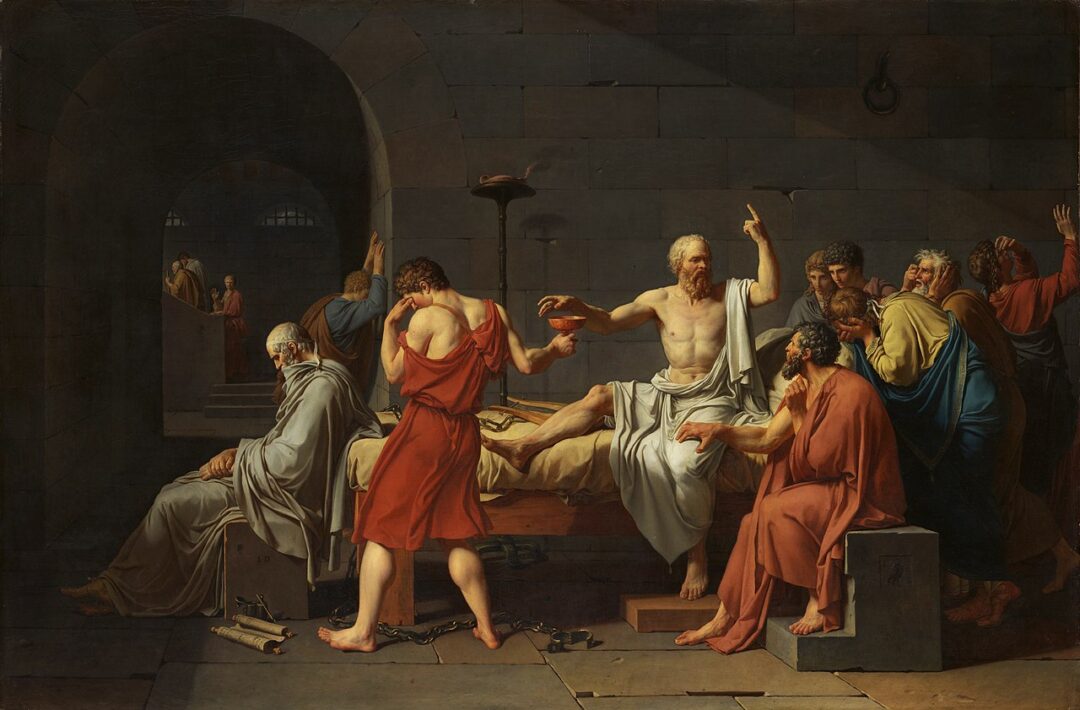
The trial of Socrates
Socrates’ philosophy often challenged the status quo, as he inspired his followers to ask questions and search for answers. This proved to be very threatening to the Athenian society and the stability of the government. Therefore, in 399 BC Socrates was accused of impiety towards the gods and corrupting the youth.
A trial was held and Socrates chose to engage in a philosophical dialogue with his accusers rather than follow the traditional defense procedures. This method known as ‘’Socrates’ Defense’’ is discussed in more detail in Plato’s “Apology,” proving once again his commitment to his morals. Socrates defended himself by arguing that his philosophical method was not meant to target the Athenian government, instead it was produced in order to awaken individuals and make them aware of their own ignorance in order to seek true wisdom. Some would argue that his trial is perhaps first, but not last, great battle between philosophy and religion.
Until his last breath Socrates never renounced his principles, which led to a death sentence by the jury. The method of execution was by drinking a cup of hemlock, a poisonous substance. His student Crito, tried to persuade him to flee, but Socrates refused: “The principles I honored yesterday I cannot deny today because of the situation I currently find myself in”, he said. Socrates accepted his sentence with dignity, becoming a symbol of endurance and philosophical integrity.
As the moment of his execution approached, Socrates engaged in a final conversation with followers, including Plato, who documented the event in his work “Phaedo.” In his final moments he gave one final lesson, preaching about the immortality of the human soul and that death should not be feared but rather seen as a transition to a realm where true knowledge and understanding could be attained.
Overall, Socrates’ death became a powerful illustration of his unwavering commitment to truth, intellectual honesty, and the examined life. The legacy of Socrates’ death extends far beyond that fateful day, inspiring generations of philosophers and thinkers to uphold principles of intellectual courage and the pursuit of wisdom, even in the face of adversity.
Anna-Maria Papadopoulos (This is an article taken from Greece In America, the official newsletter of the Embassy of Greece in Washington. Intro image: Fictional portrait of Hypatia by Jules Maurice Gaspard)
Read also via Greek News Agenda: Beyond Socrates – Greek philosophers you might not know; A Tribute to Plato; A Tribute to Hypatia

